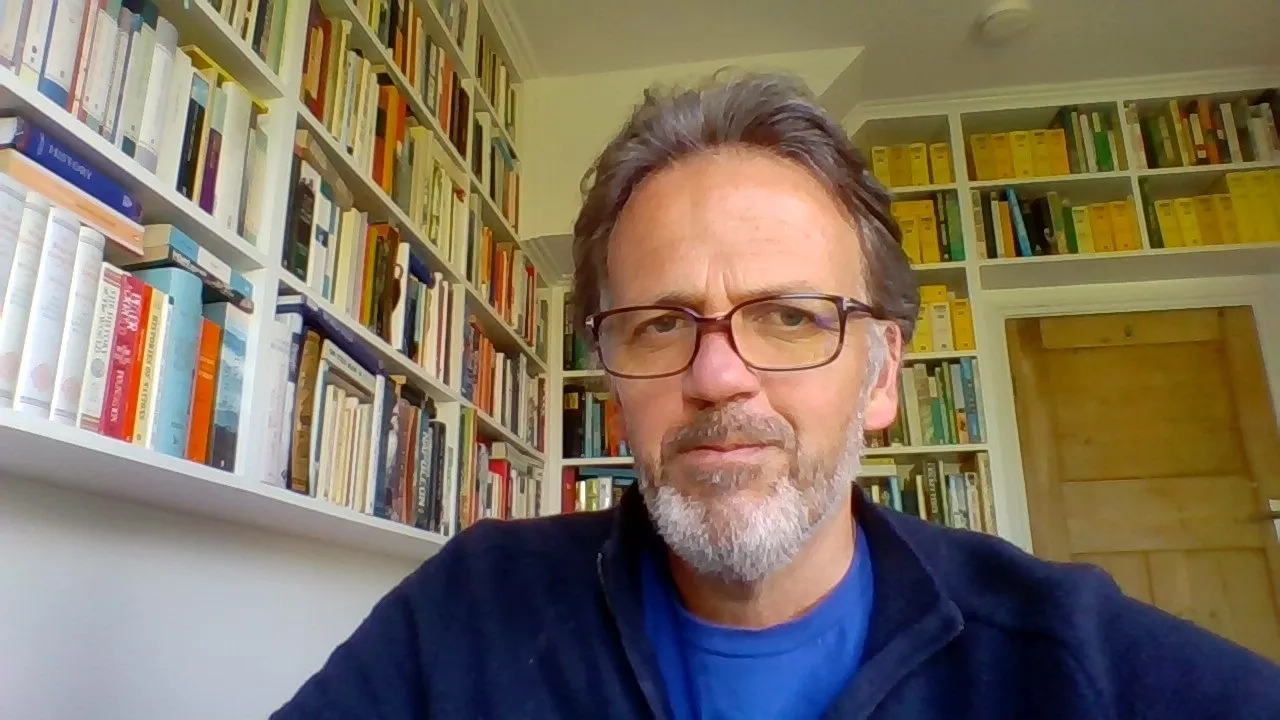Like many, I'm a creature of habit. Day to day, those who know me can usually find me in one of a very few places doing very much the same things.
February 27, 2012
Read time: 3 mins

Like many, I'm a creature of habit. Day to day, those who know me can usually find me in one of a very few places doing very much the same things. I use the same gym, and frequent the same dingy bars; the waiters in my local curry house can predict my order with near-100 per cent accuracy before I've even sat down. I know what I like, like what I know and I favour order. Perhaps I'm at that stage in life where I just trust what I feel works best for me.
I've not long finished reading something about the everyday gadgets which are expected to become obsolete in the not-too-distant future.
As smart phones achieve ubiquity, there are some pretty obvious candidates for yesteryear. Soon, dedicated MP3 players will be little more than historical curios; online data storage will be the norm, while, increasingly, physical storage media will not; landlines will go - we'll ring the person direct, not the building they're in; and (depressingly, because I've barely started to learn how to use one I paid a fortune for just a couple of years ago) the digital camera is well on its way to becoming an attic-dweller.
Some of the envisioned technological evolutions require a bigger shift in thinking. I'm content to use online data storage. I'm less comfortable with using near-field technology instead of a solid brass door key to get into my home. But, hey, that's the future.
Some changes might not be comfortable propositions but they underline to me that technology's like water: it'll find a course if there is one, and where there isn't it'll wear away until there is.
And that's already happening, as the traditional all-roads-and-all-modes ITS utopia has hit problems. Some of those are financial and will persist - and deployments will either be delayed or simply won't happen. Others are technical, because as new technologies emerge it becomes harder and harder to justify doing something one way when a neater, simpler, less expensive way now exists.
Some of those 'better' technologies give rise to yet more non-technical issues as in many instances those who've developed and utilise them reside in the private and not the public sector. That pushes us away from the traditional, perhaps more comfortable sense of order which existed whereby only the public sector was responsible for traffic and travel-related data and data services.
Data now flows in all directions and having private-sector organisations supplying both the public sector and travellers is nothing new. We're getting past that mind-set wherein the best is the enemy of the good and seeing some real pragmatism.
At the same time public-sector organisations continue to push data to those in the private sector who use it to make tailored services, and profits. I used to think that leaving the development of value-added information services to the private sector was a dereliction of duty.
Now I see it as realistic, given the nearlimitless number of services which could potentially exist. This is healthy but have we yet gone far enough? Is it right that information collected at (often) significant cost to the public sector should be passed wholly free to commercial organisations who then use it to turn a profit, or do we need some more equitable financial models for the future? Yet again, we're not seeing policy keep pace. Some taboos need to be addressed openly and honestly before they become needless restrictions, and David Hytch opens what should become quite a heated debate on page 51.
We can't push the technology back into the box, so we should be looking instead at some of the non-technological hows and whys. We're already late.
I've not long finished reading something about the everyday gadgets which are expected to become obsolete in the not-too-distant future.
As smart phones achieve ubiquity, there are some pretty obvious candidates for yesteryear. Soon, dedicated MP3 players will be little more than historical curios; online data storage will be the norm, while, increasingly, physical storage media will not; landlines will go - we'll ring the person direct, not the building they're in; and (depressingly, because I've barely started to learn how to use one I paid a fortune for just a couple of years ago) the digital camera is well on its way to becoming an attic-dweller.
Some of the envisioned technological evolutions require a bigger shift in thinking. I'm content to use online data storage. I'm less comfortable with using near-field technology instead of a solid brass door key to get into my home. But, hey, that's the future.
Some changes might not be comfortable propositions but they underline to me that technology's like water: it'll find a course if there is one, and where there isn't it'll wear away until there is.
And that's already happening, as the traditional all-roads-and-all-modes ITS utopia has hit problems. Some of those are financial and will persist - and deployments will either be delayed or simply won't happen. Others are technical, because as new technologies emerge it becomes harder and harder to justify doing something one way when a neater, simpler, less expensive way now exists.
Some of those 'better' technologies give rise to yet more non-technical issues as in many instances those who've developed and utilise them reside in the private and not the public sector. That pushes us away from the traditional, perhaps more comfortable sense of order which existed whereby only the public sector was responsible for traffic and travel-related data and data services.
Data now flows in all directions and having private-sector organisations supplying both the public sector and travellers is nothing new. We're getting past that mind-set wherein the best is the enemy of the good and seeing some real pragmatism.
At the same time public-sector organisations continue to push data to those in the private sector who use it to make tailored services, and profits. I used to think that leaving the development of value-added information services to the private sector was a dereliction of duty.
Now I see it as realistic, given the nearlimitless number of services which could potentially exist. This is healthy but have we yet gone far enough? Is it right that information collected at (often) significant cost to the public sector should be passed wholly free to commercial organisations who then use it to turn a profit, or do we need some more equitable financial models for the future? Yet again, we're not seeing policy keep pace. Some taboos need to be addressed openly and honestly before they become needless restrictions, and David Hytch opens what should become quite a heated debate on page 51.
We can't push the technology back into the box, so we should be looking instead at some of the non-technological hows and whys. We're already late.










